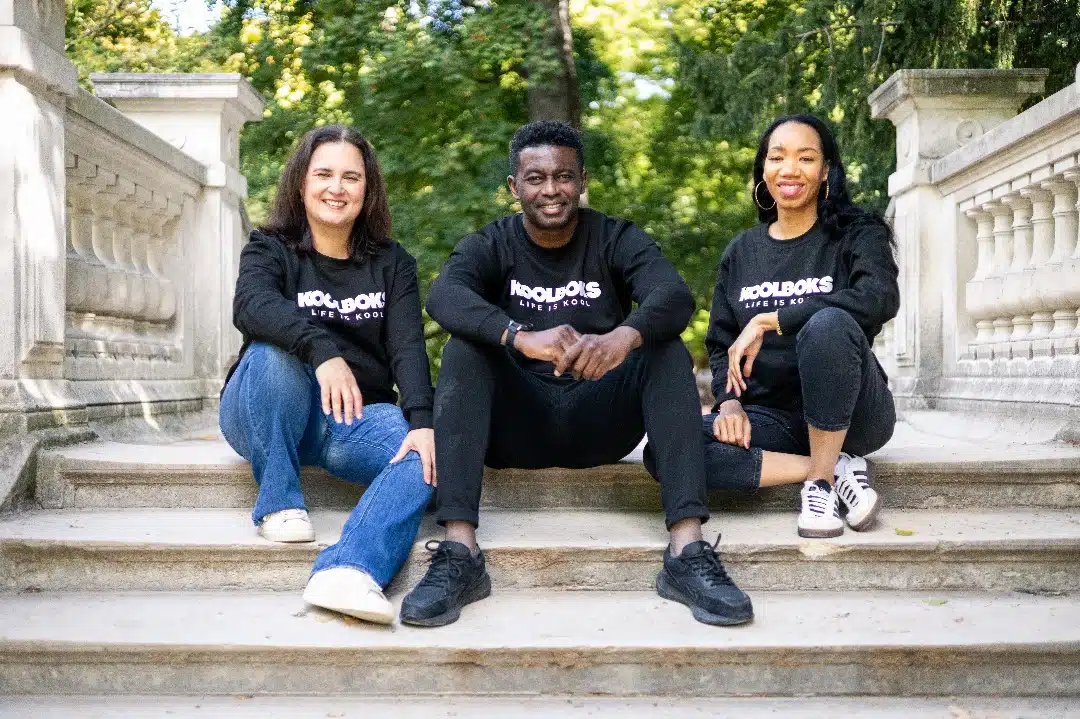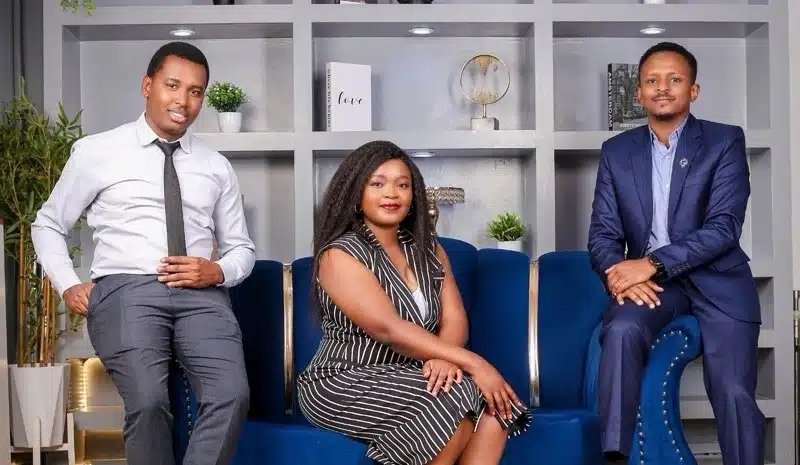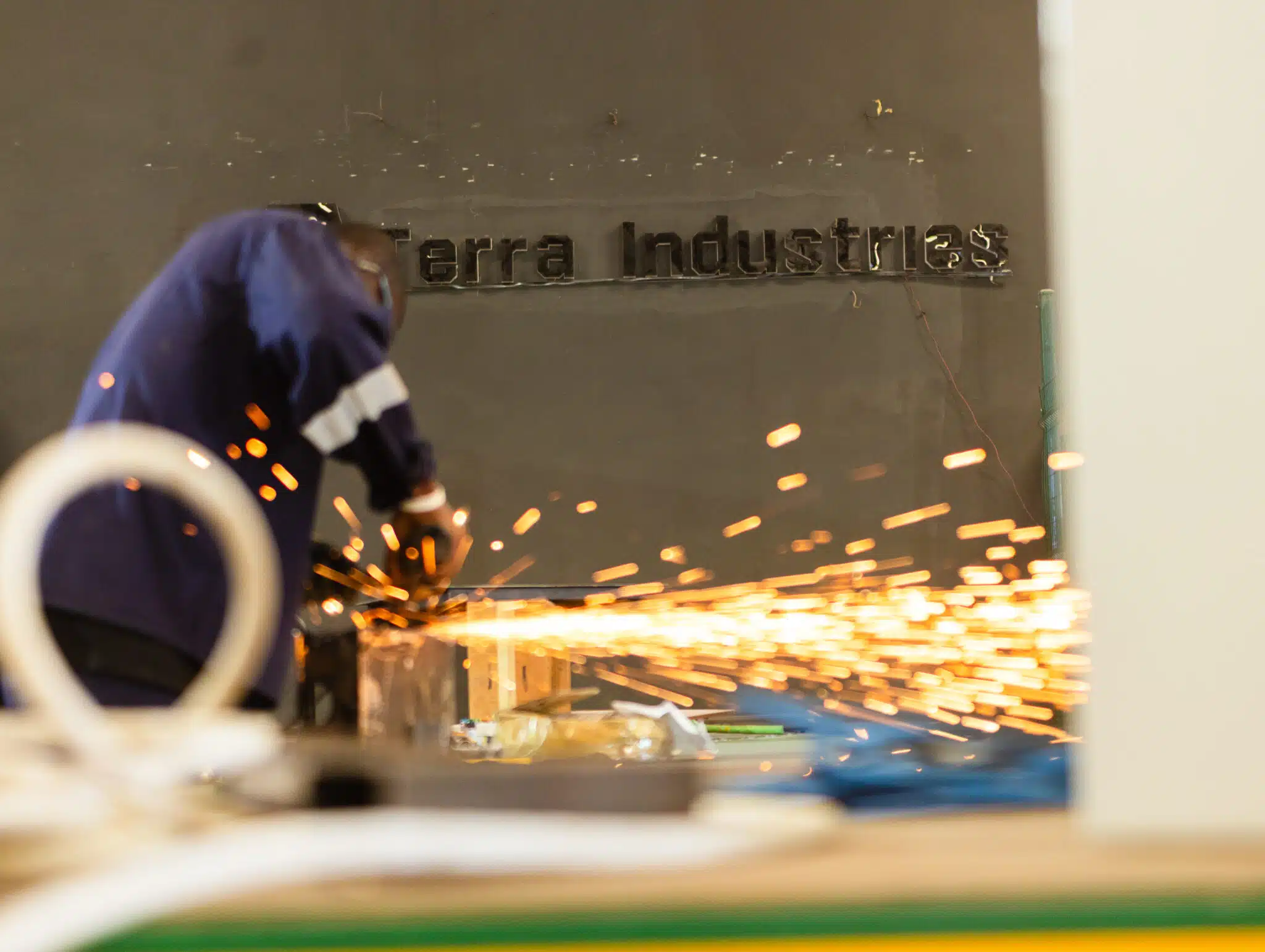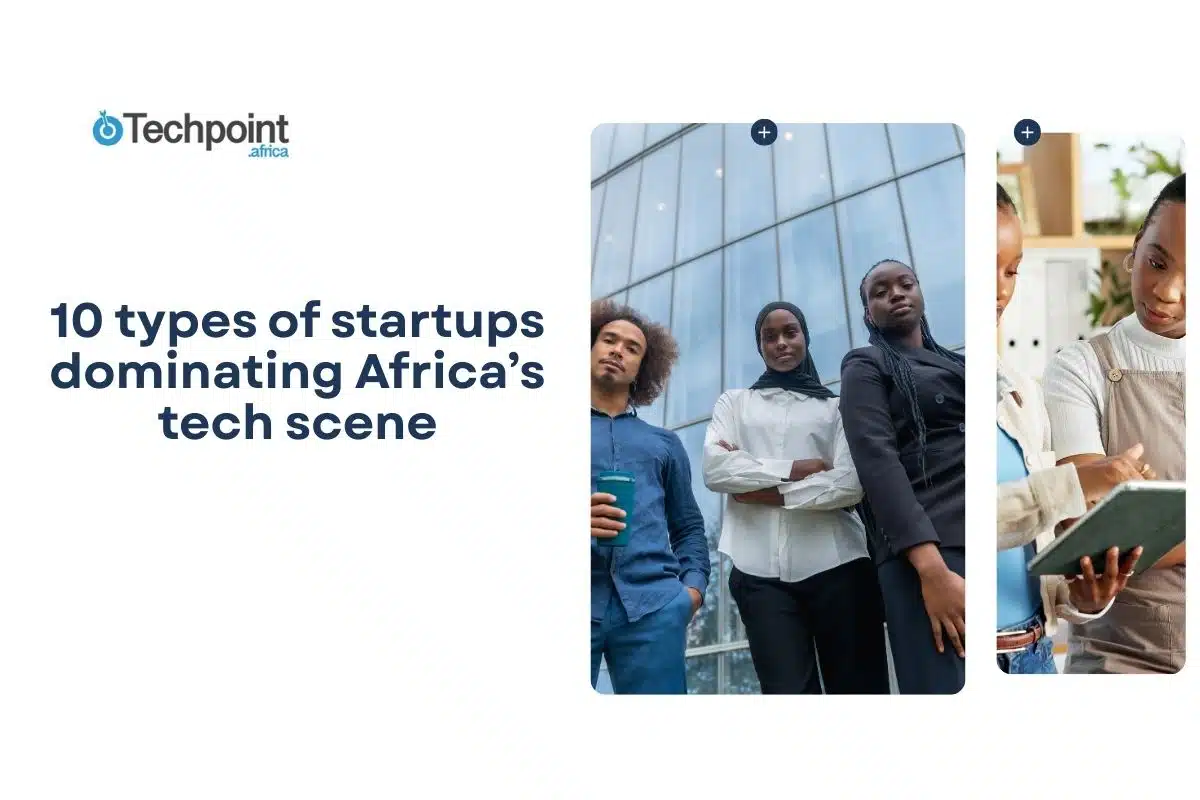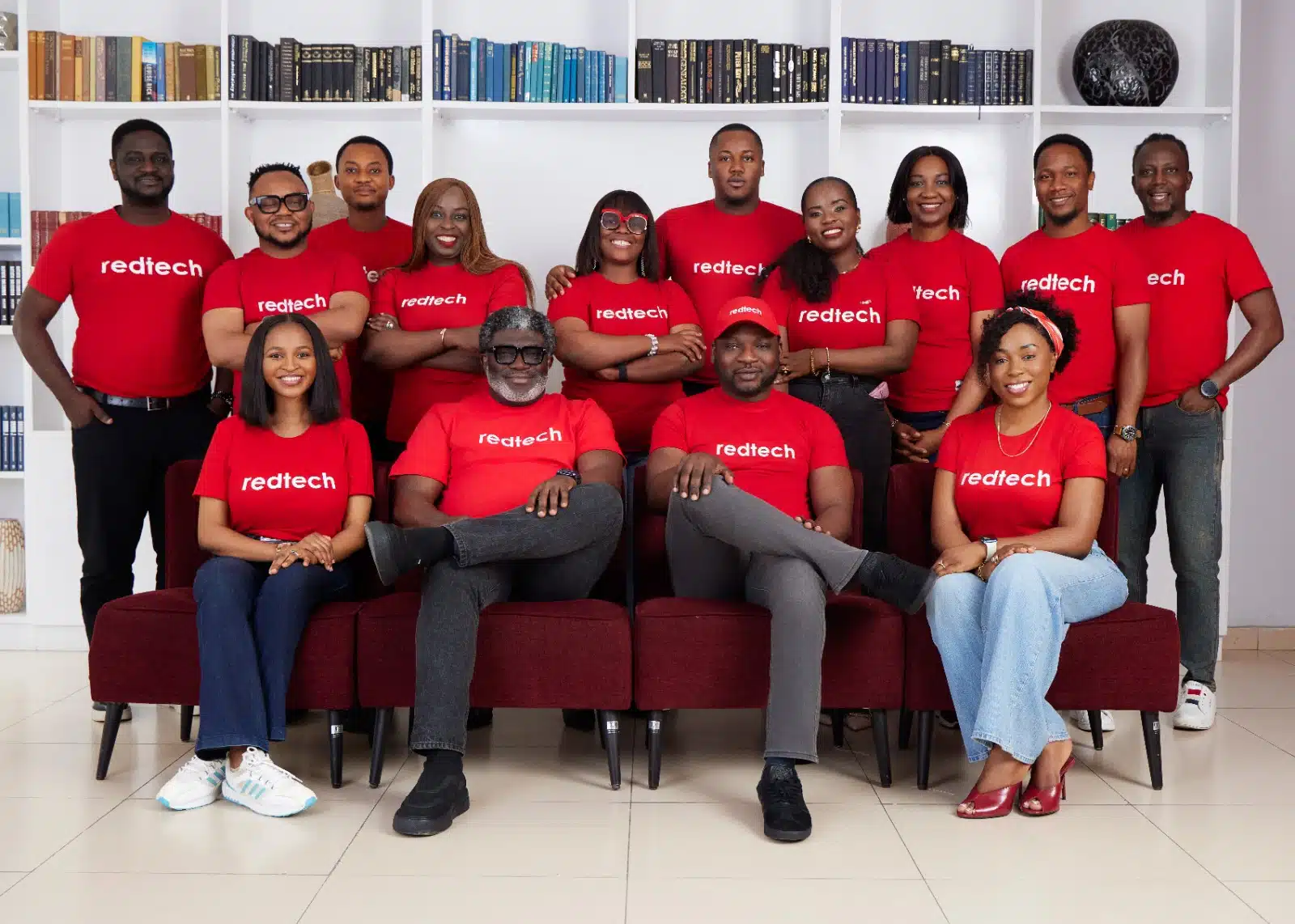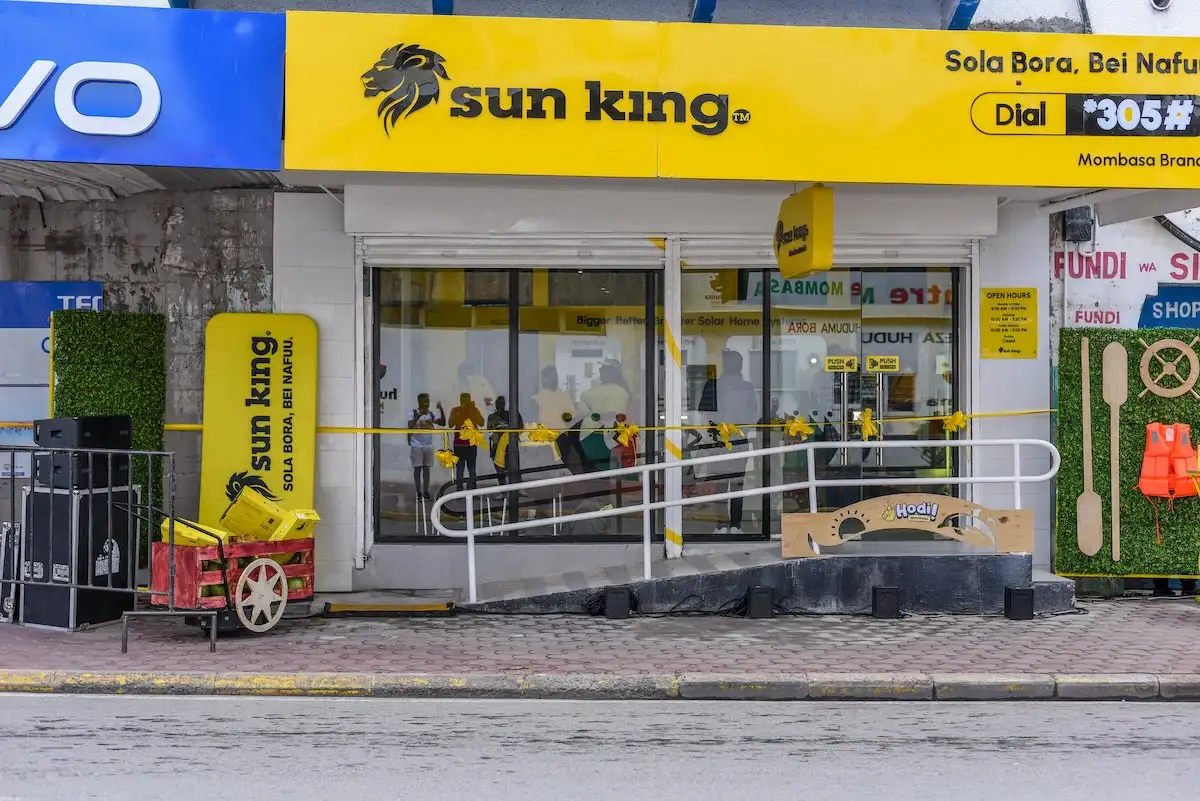When Ayoola Dominic and Deborah Gael started Koolboks, their goal was simple: make camping coolers better. The duo redesigned coolers to keep content cool for longer and made them more aesthetically pleasing — LED bulbs, USB ports, and even speakers were added. Camping coolers were elevated from functional tools to lifestyle tools.
They were soon getting orders and even had their products stocked at leading US retailers like Carrefour. But that iteration of the business didn’t last too long.
“It didn’t take us long to realise after COVID that the people who really needed us were actually in Africa. Inasmuch as we had created it and it was pretty successful in the want market, there was actually a need market that was yearning for what we had created,” Dominic shared with Techpoint Africa over a call.
Both his parents are medical doctors, and so he was familiar with some of the storage problems that healthcare facilities in Africa faced.
Stripping away some features, the team redesigned the cooling boxes for medical purposes and called them care boxes. Soon, they were getting orders for the storage and transportation of vaccines and other medical supplies. But unlike the first version of the product, they were serving a clear need with the coolers this time.
Today, Koolboks serves a different customer segment — traders, restaurants, and bars for whom access to consistent power remains difficult and expensive. It continues to serve healthcare facilities, but Dominic says they represent a small portion of their customer base.
Speaking on the focus on small businesses rather than healthcare businesses, Dominic shares that the healthcare sector often benefits from government subsidies and individual donations. In contrast, small businesses generally don’t receive the same level of support.
This month, the startup raised $11 million in Series A financing, split between equity, debt, and grant. Its equity round of $5 million was co-led by KawiSafi Ventures, Aruwa Capital, and All On, while bpifrance and the French Facility for Global Environment (FFEM) provided $2 million in debt funding. Innovate UK, Efficiency for Access, the Shell Foundation, and other partners also contributed through grants and results-based financing.
Pay-as-you-go refrigeration
Africa’s energy deficit is well-documented, with businesses spending a significant portion of their revenues on diesel-powered generators. In countries like Nigeria, the cost of petrol has risen sharply in the past two years, placing a strain on businesses.

Victoria Fakiya – Senior Writer
Techpoint Digest
Make your startup impossible to overlook
Discover the proven system to pitch your startup to the media, and finally get noticed.
In response, many are beginning to look towards solar energy. Businesses like d.light, Daystar Power, and Arnergy fill this gap, but there’s a significant cost barrier for small businesses.
Enter Koolboks. The startup provides refrigerators that can be accessed on a pay-as-you-go basis. Businesses get access to cold storage for their products for as little as $10 monthly. However, Dominic notes that many of the startup’s existing customers would rather own the refrigerators, hence its lease-to-own model.
The freezers are equipped with lithium acid batteries so they can be charged and used for hours without being plugged into a power source, which could be solar energy or any other available energy source in the location.
Leveraging the internet of things (IoT) capabilities, Koolboks remotely monitors the freezers they deploy, allowing them to know how frequently they are opened, the temperature, live location, and energy consumption. As a result, it can predict when the system will break down and deploy engineers beforehand. It has one engineer overseeing 30 refrigerators in the countries where it is present.
Scaling ambitions
In seven years, Koolboks has deployed more than 10,000 freezers in 25 countries, but Dominic admits that it’s a far cry from where the startup would like to be. Consequently, the team has been exploring models and products to get more products to customers and increase revenue.
Koolbuy and Scrap4New are the results of this experimentation. Koolbuy, a buy now, pay later solution, offers both solar and non-solar cooling products, including retrofitted freezers. The startup’s portfolio at risk — its equivalent of non-performing loans — is under 3%, and Dominic attributes this to the importance of the freezers for customers. Through Scrap4Me, it refurbishes old freezers and fits them with solar and IoT capabilities.
“It took us a while to understand the market and achieve product-market fit. We think we have it now and are ready to scale. All the while we’ve been building the tech and understanding the market, but we’re ready to scale.”
The Series A funding will be deployed towards these products, particularly towards providing financing on Koolbuy, but also an assembly plant in Nigeria.
According to Dominic, the assembly plant will help the startup go beyond manufacturing cooling units and play a role in reducing costs for the user. It’s already piloting its solutions with local businesses like Fan Milk and Coca-Cola.
In search of profitability
Koolboks is not yet profitable, but Dominic anticipates the startup will be profitable by 2027. Today, it employs 350 employees globally, 30% of them engineers. Nigeria still remains its largest market and is responsible for 60% of its revenues.
Most of its equity investors, such as Aruwa Capital, are returning backers. Dominic explains that their continued support stems from the startup’s strong impact story and a track record of execution.
While reaching product-market fit took time, he shares that the startup’s biggest ongoing challenge has been optimising its technology across different parts of the business. In particular, remotely monitoring refrigerators and delivering accurate data to customers has proven difficult, especially in regions with limited bandwidth.

